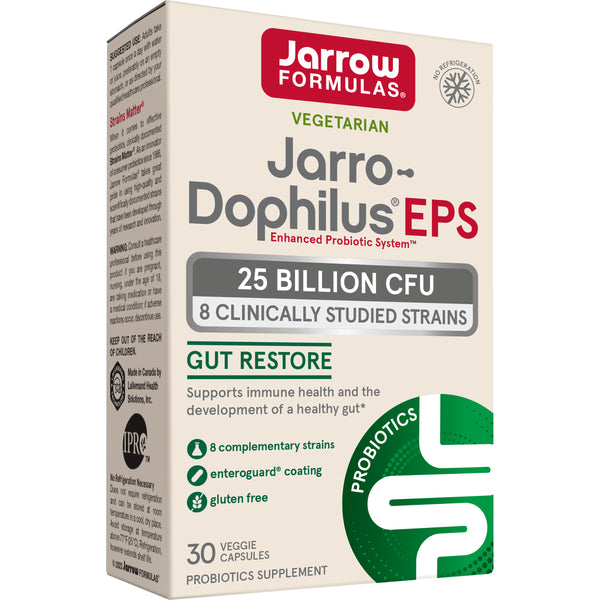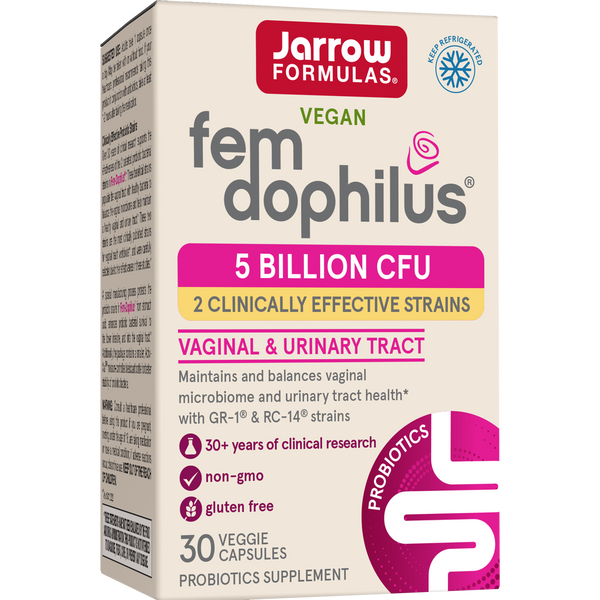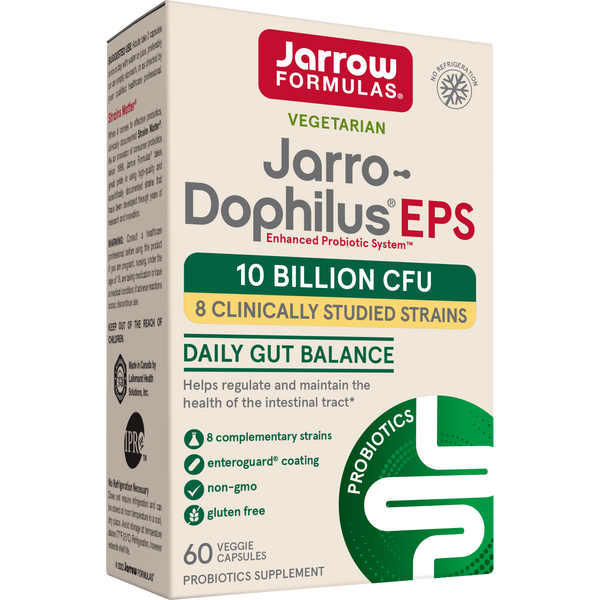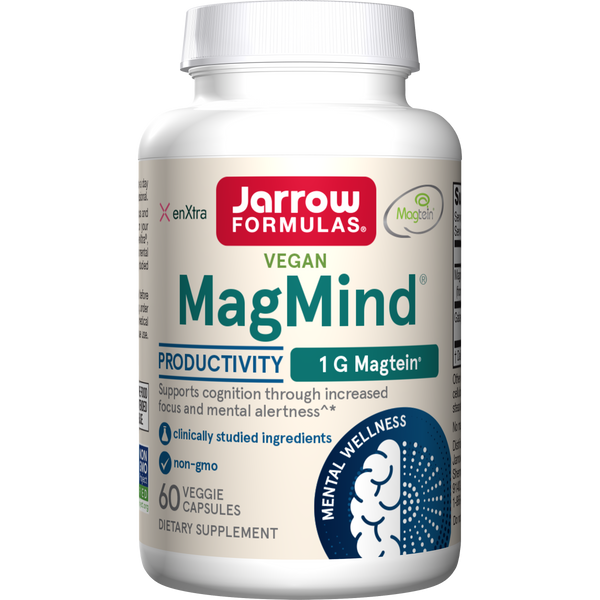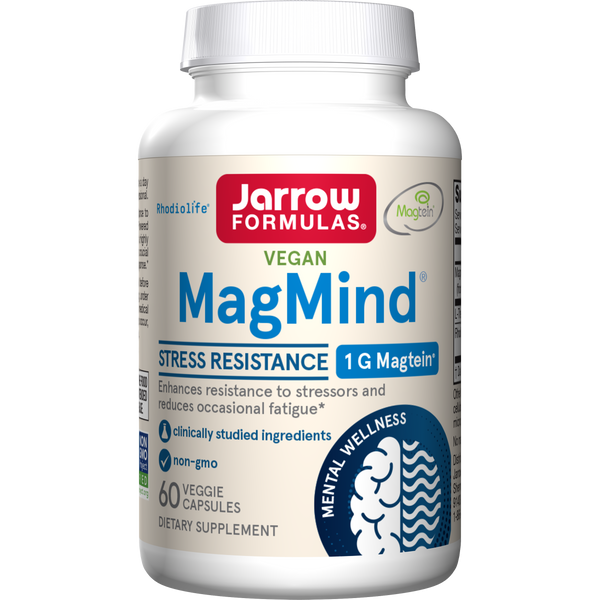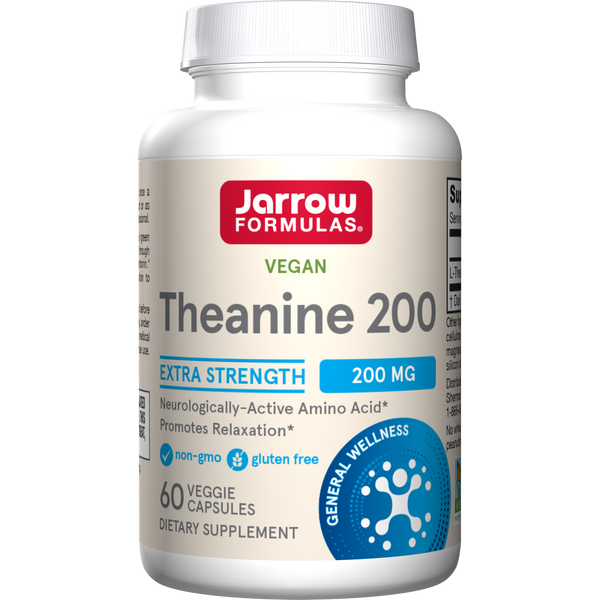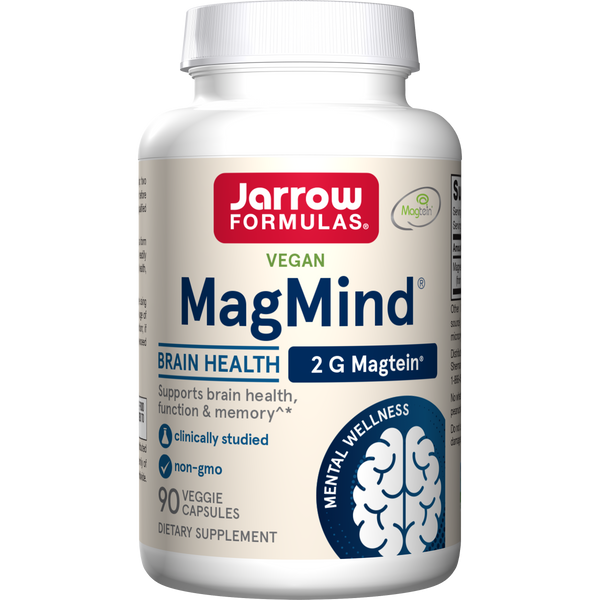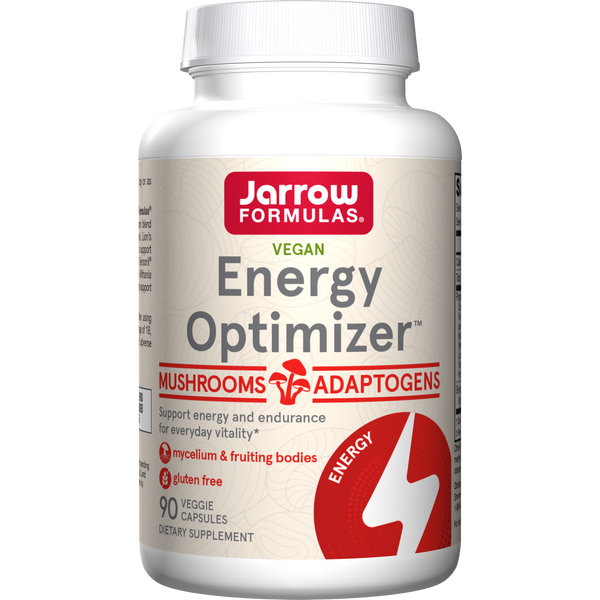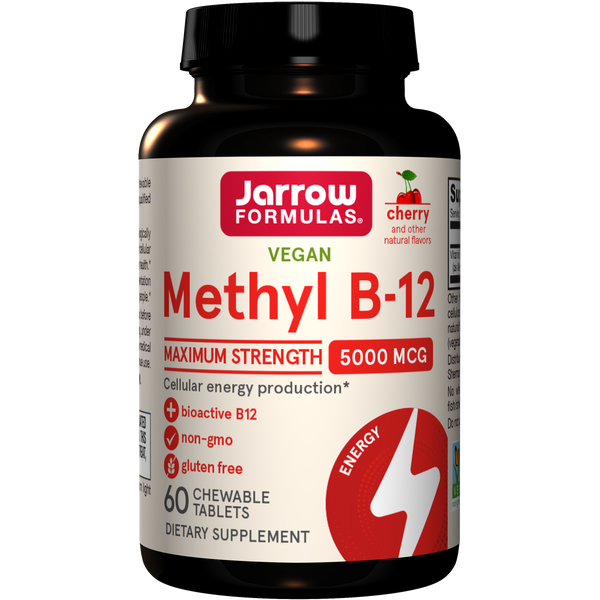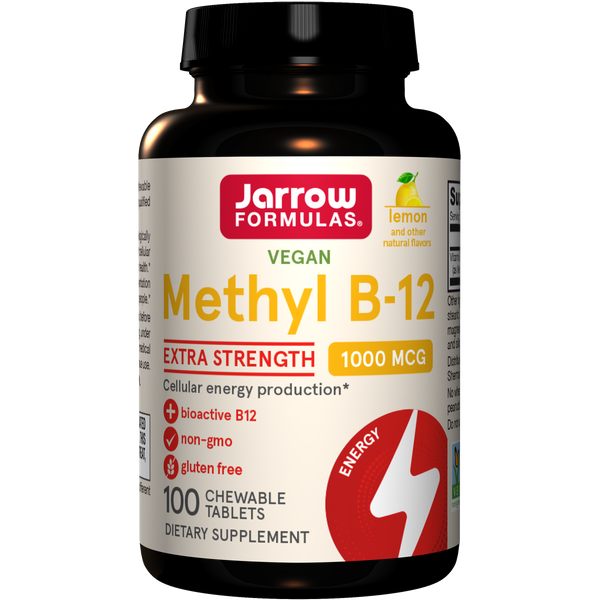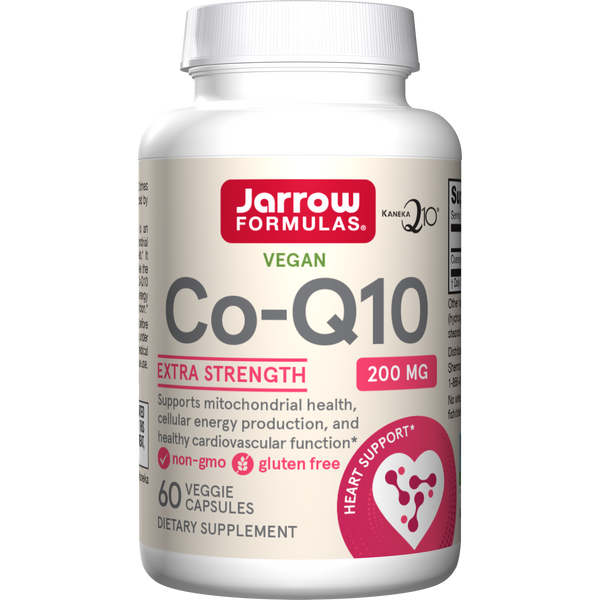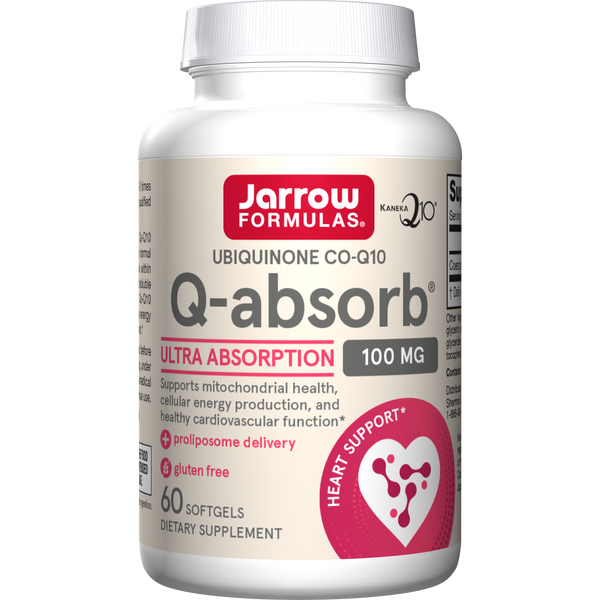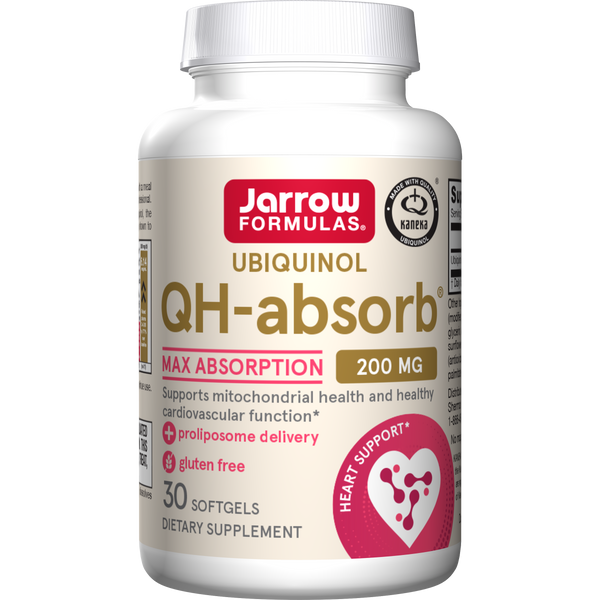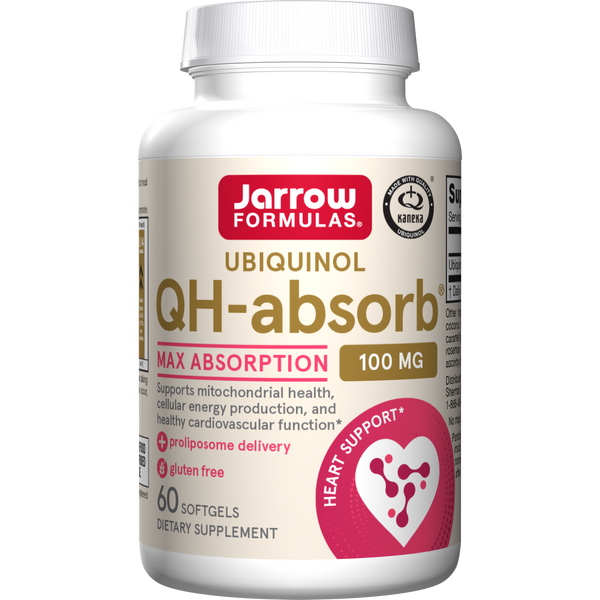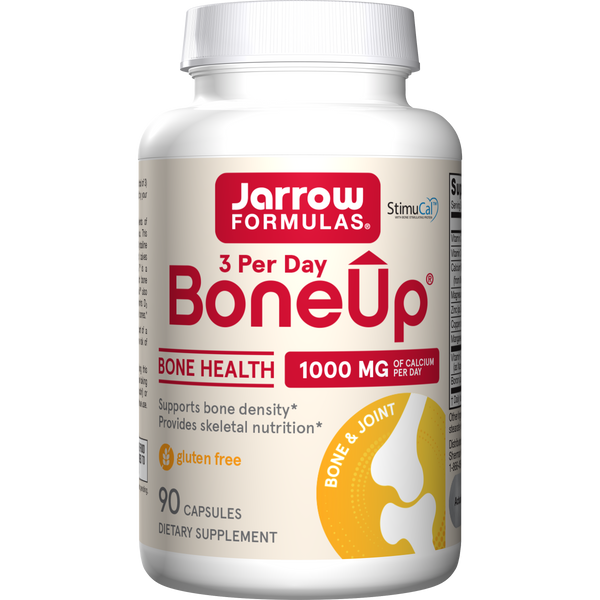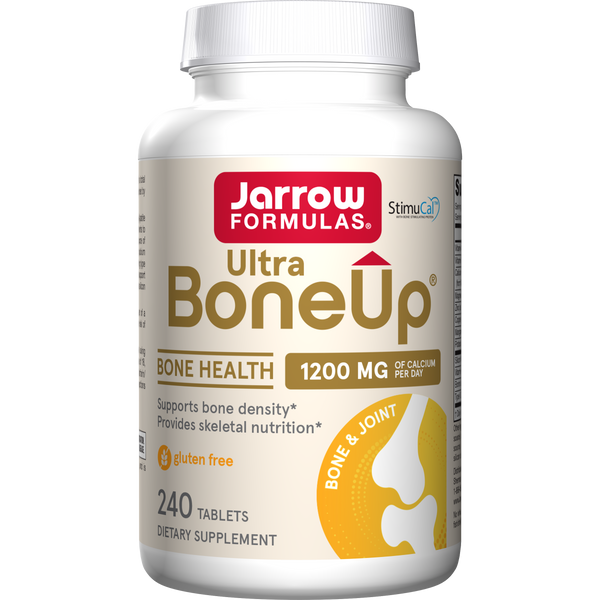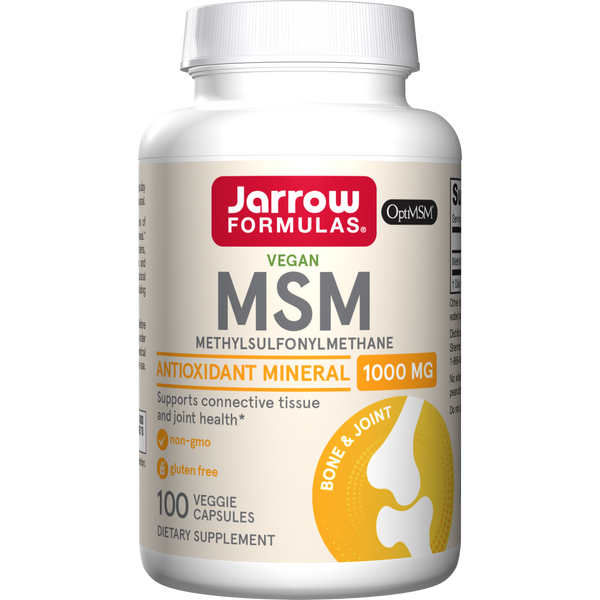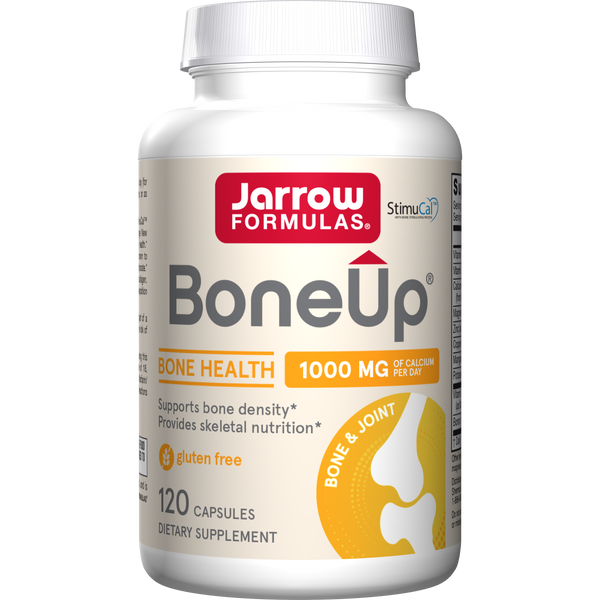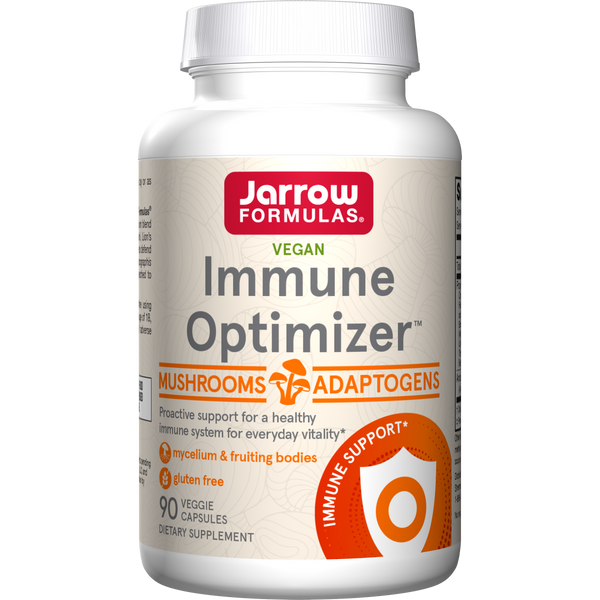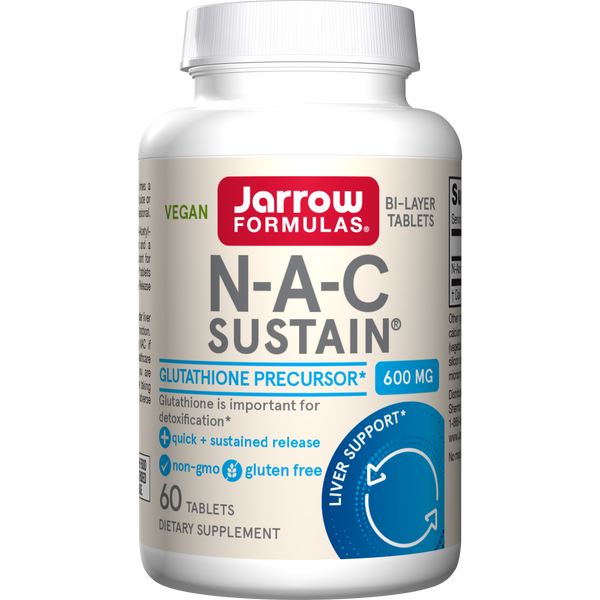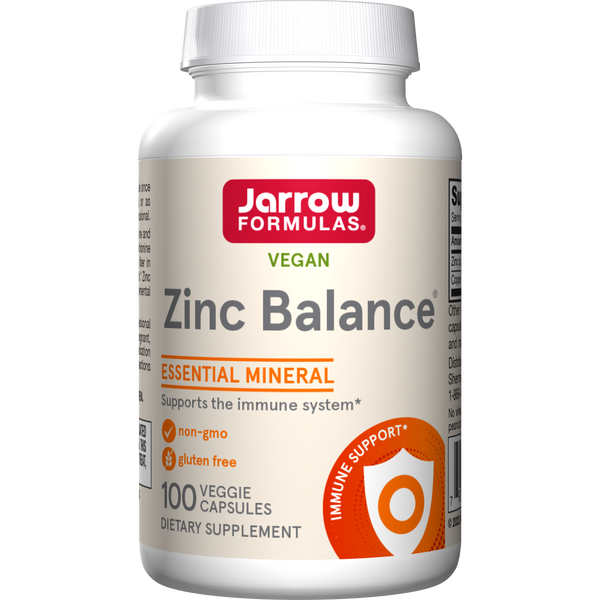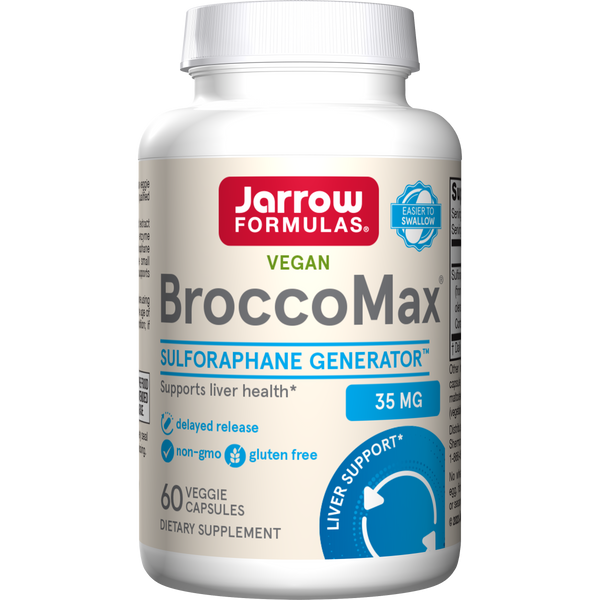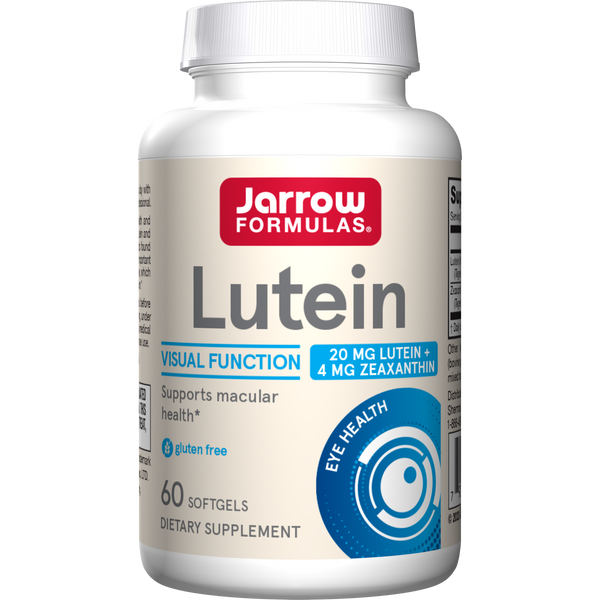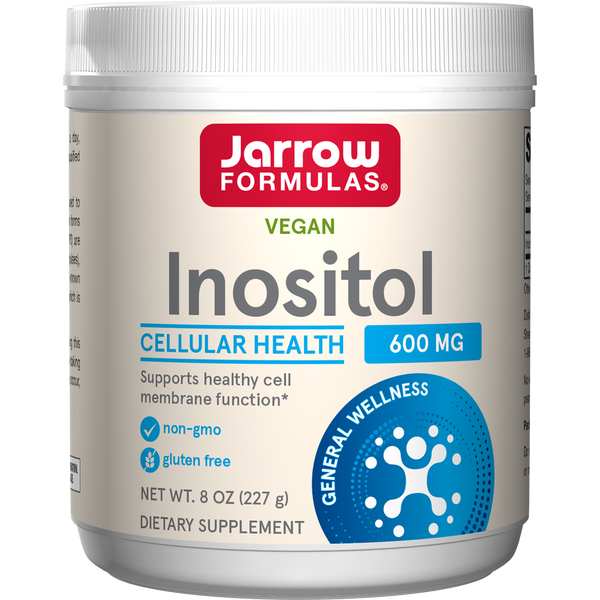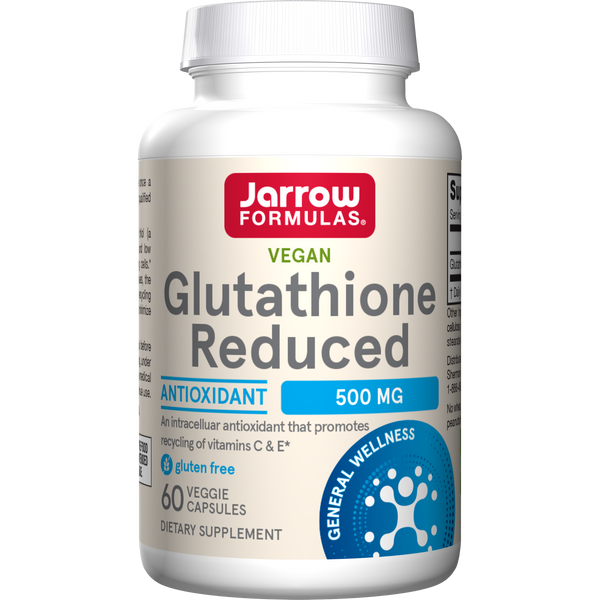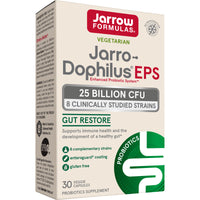Probiotics and Management of Hepatic Encephalopathy in Patients with Liver Cirrhosis
A new study announced at the International Liver Congress(EASL 2013) in Amsterdam suggests that probiotics could help improve neurocognitive function and prevent hepatic encephalopathy (HE) in individuals with liver cirrhosis.
Hepatic encephalopathy occurs when the liver is no longer able to carry out detoxification functions, allowing toxins such as ammonia -- produced by putrefactive bacteria in our gut -- to build up in the body. The condition is characterized by personality changes, intellectual impairment, and reduced levels of consciousness.
One hundred and sixty participants were randomly assigned to receive a probiotic preparation VSL#3 (a blend of various Bifidobacteria and Lactobacilli species plus S. thermothilus) or to an untreated control group. Researchers found significant improvements in reducing patients' arterial ammonia levels after just three months of treatment. Twice as many patients taking a placebo developed overt HE compared to patients taking probiotics in the follow-up period.
Ammonia, produced by gut bacteria, is believed to be one of the main factors that contribute to brain dysfunction in HE. Probiotics contribute to maintaining a balanced gut microbial ecosystem and inhibit putrefactive organisms, and as a result, ammonia production is decreased.
The results of this study are an example of how the activities within the gut microbial ecosystem can influence organs beyond the intestinal tract. Furthermore, this study suggests that by influencing the microbial ecosystem we can reduce toxins produced by putrefactive bacteria.
Source:
International Liver Congress 2013: 48th Annual Meeting of the European Association for the Study of the Liver (EASL). Abstract 78. Presented April 26, 2013.



